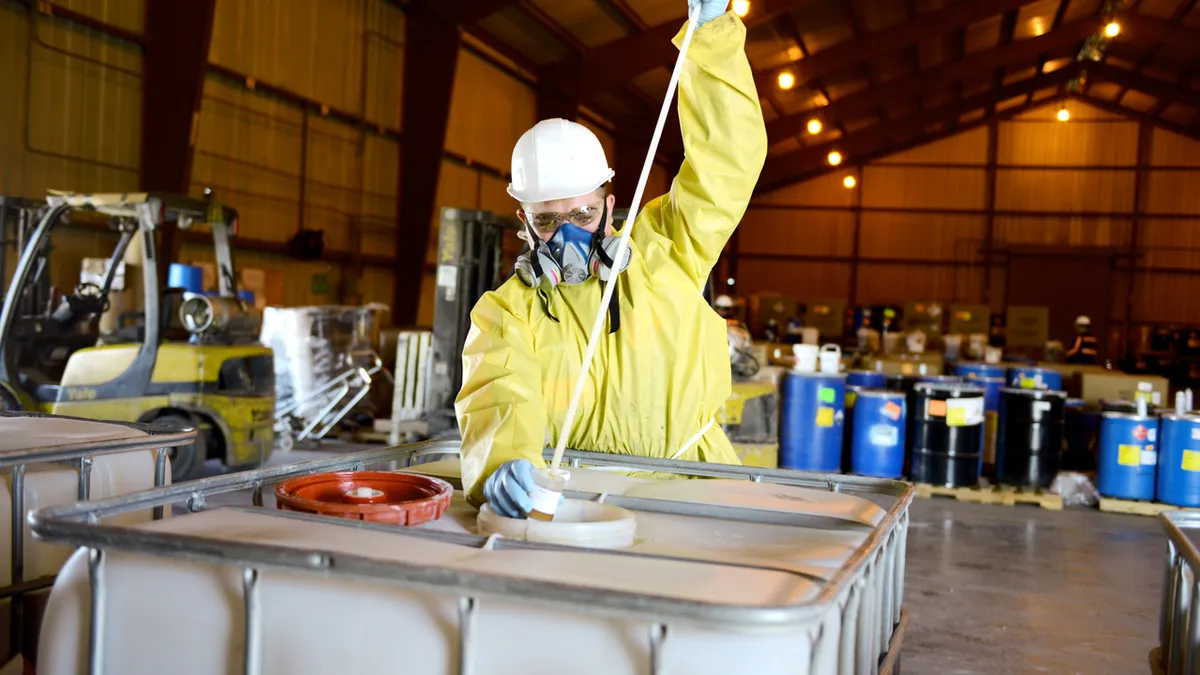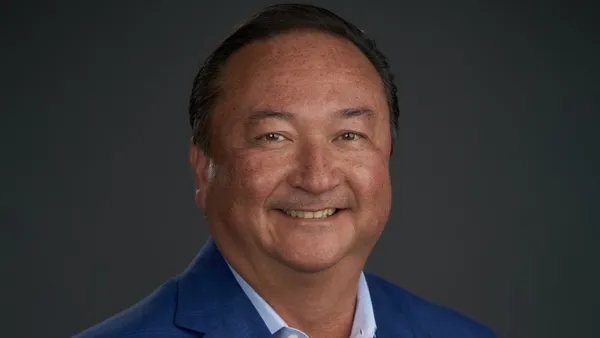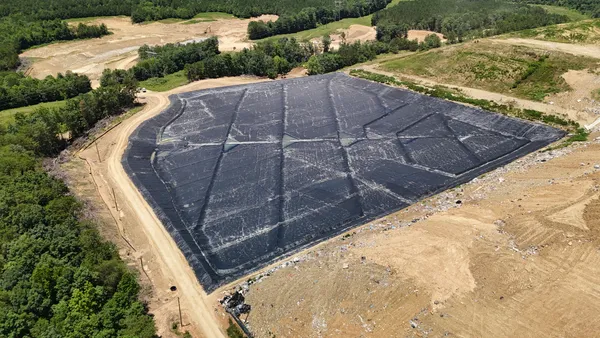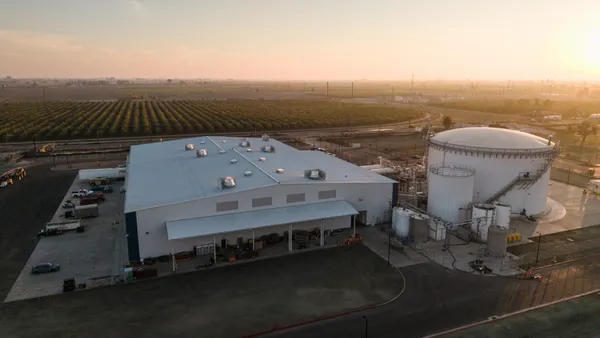Harsco, a publicly traded company that has evolved from a rail car manufacturer founded in 1853 to a leading recycler for steel slag worldwide, is shedding its old name, moving its headquarters to Philadelphia and hoping to sell off its rail business by the end of the year, CEO Nicholas Grasberger said in an interview.
The change will complete a transition that began in 2018 to focus solely on environmental solutions. Harsco's share price reached a five-year nadir in September as the company suffered a series of setbacks, including a downturn in the steel market due in part to war in Ukraine and inflation torpedoing efforts to sell Harsco Rail.
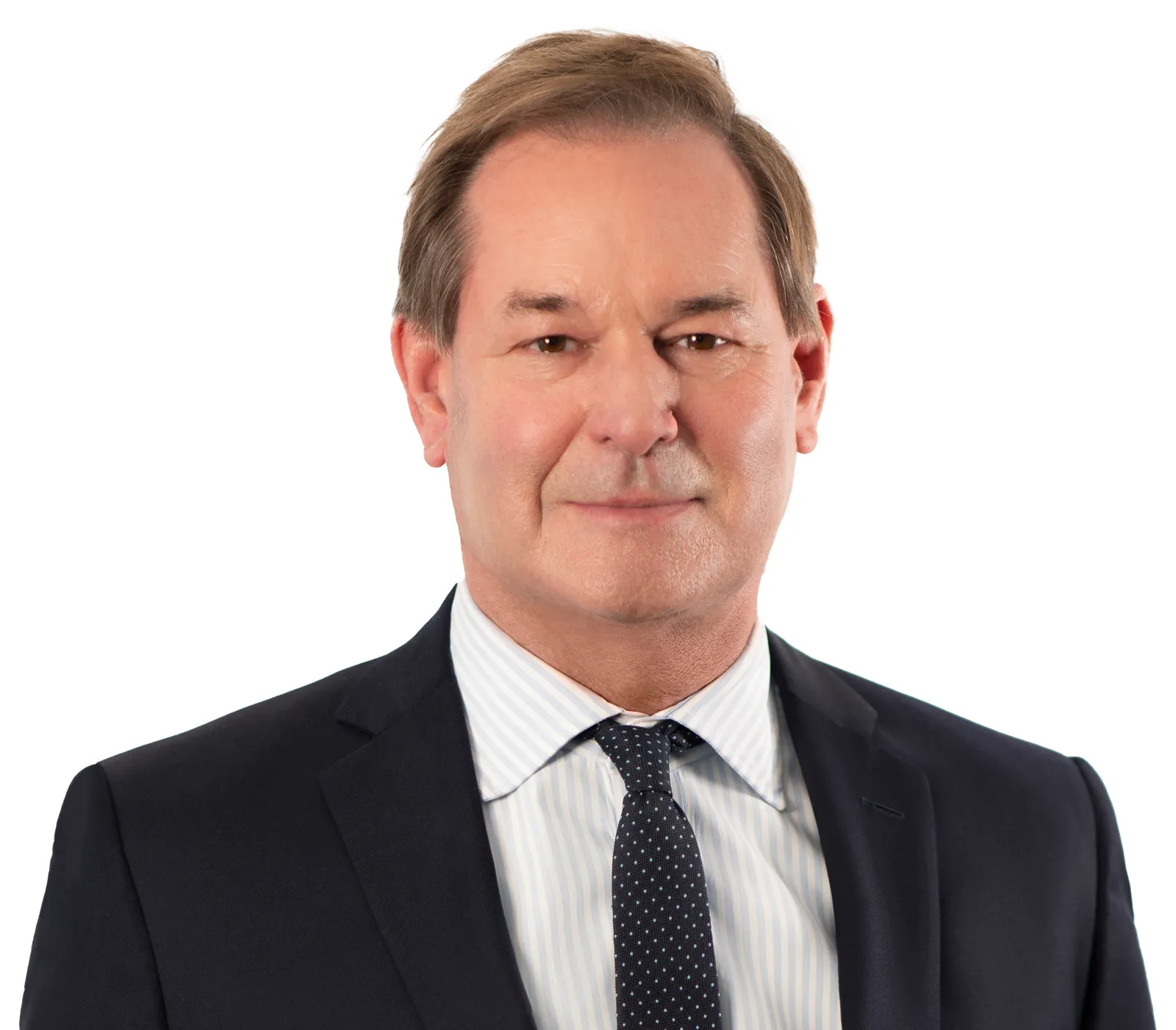
But Grasberger said the company has a "direct line of sight" to sell its rail business, and is busy optimizing its Clean Earth division, acquired in 2019 for $625 million. Revenues were also up 9% year-over-year in the first quarter and free cash flow improved, according to the company’s most recent earnings presentation. Those developments led executives to see better times ahead and motivated them to execute the rebrand.
"We've had the Enviri name on the shelf for a while, and we've done a lot of work in the background waiting for this day," Grasberger said.
Over the past five years, Harsco went from deriving 67% of its revenue from environmentally-focused segments to 100%, according to a release. Much of that change is thanks to the acquisition of Clean Earth, previously one of the biggest specialty waste processing companies in the country. That acquisition was supplemented by another in 2020, as Harsco acquired Stericycle's environmental solutions business for $462.5 million.
David Stanton, then-president of Clean Earth, described the integration of the business units as "like creating a new business," in 2020. Today, Grasberger said some of the back-end work to do that is complete, but he still believes there's room for organic growth.
In the first quarter of 2023, Clean Earth’s revenues increased 17% year over year, driven by higher volumes and services pricing. Harsco Environmental, meanwhile, grew 4%. Grasberger said he anticipated that Clean Earth would eventually overtake Harsco Environmental as the company’s dominant business segment, in part thanks to tailwinds for the hazardous waste business.
“There's really an awful lot of revenue and profit growth potential in Clean Earth without making additional acquisitions over the next few years,” Grasberger said. “We certainly plan on making acquisitions, but the better investment ... is focusing on internal initiatives.”
On Harsco's first-quarter earnings call, he said there would likely be continued opportunities to raise prices in the segment as a reaction to inflation. That's likely good news for investors — Michael E. Hoffman, a managing director at Stifel, told Waste Dive that Harsco was initially slow to react to inflation and rapidly rising interest rates last year.
Investors were especially concerned with the company’s leverage, according to Hoffman. As of the end of the first quarter of this year, the company's debt ratio had declined to 4.9x — an improvement but still above the 4x Hoffman said was the upper limit to keep investors comfortable.
"The market traded everything down with that level of leverage because of the Fed and interest costs and the chance of a recession," Hoffman noted.
But he said the newly minted Enviri is making good progress, and expects the ratio to approach 4x thanks mostly to improvements in the Clean Earth business segment. The sale of Harsco Rail this year would further satisfy investors, Hoffman said.
Grasberger said with such a sale, he expects the company’s leverage to be well below 4x. That would also complete the transition to being a “single-thesis” environmental firm that he began in 2018.
Looking ahead, Grasberger said he plants to continue to steer clear from owning or operating high-cost disposal assets like landfills or incinerators, something that differentiates his company from others like Clean Harbors and the Republic Services-owned US Ecology. He noted 75% of the material that Enviri handles today is recycled or repurposed, and he's incentivized to keep that percentage as high as possible.
"That's really very high in this industry because we're not focused on feeding our capital-intensive disposal assets. We don't have them," Grasberger said



